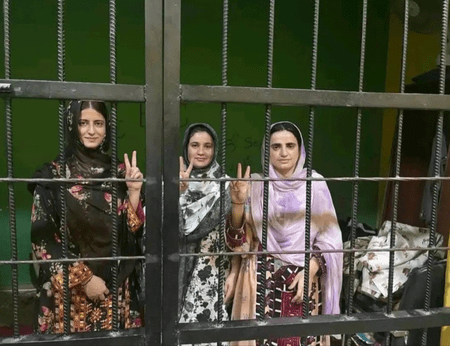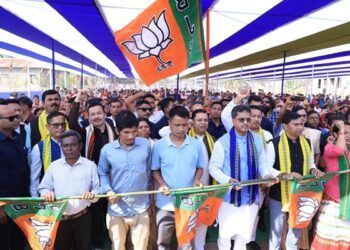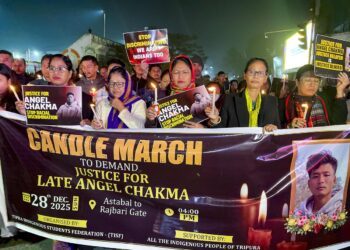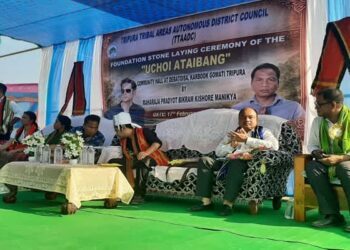Quetta, Nov 7: Pakistan has come under sharp criticism from civil society and rights groups after authorities placed dozens of political and human-rights activists, including relatives of enforced disappearance victims in Balochistan, under the Fourth Schedule of the Anti-Terrorism Act (ATA), local media reported.
According to a notification issued by the Balochistan Home Department, the list was compiled to “improve law and order” and “monitor suspicious activities.” However, rights organisations have condemned the move as an attempt to silence dissent and suppress legitimate political activity.
Among those listed are Mahzaib Baloch, a human-rights activist and niece of disappeared political worker Rashid Hussain; Advocate Shahzaib Baloch, central organiser of the National Democratic Party (NDP); Imran Baloch of the Baloch Yakjehti Committee (BYC) Hub; and Arif Baloch of the Baloch Students Action Committee (BSAC), along with about 60 others, The Balochistan Post reported.
The Fourth Schedule, part of Pakistan’s ATA 1997, designates individuals as “proscribed persons,” imposing restrictions such as travel bans, frozen bank accounts, blocked financial support, and employment limitations.
While the law was originally meant for “hardcore militants and members of banned outfits,” activists argue it is now being misused against peaceful political workers, students, and human-rights defenders.
The NDP denounced the decision as “unconstitutional and undemocratic,” calling it evidence of the state’s growing fear of Baloch political awakening. “Whenever public consciousness grows stronger, the government uses the Fourth Schedule to criminalise political thought,” the party stated.
The Baloch Yakjehti Committee (BYC) also condemned the move, calling it an “illegal and dangerous trend” to suppress political freedoms. It alleged that hundreds of activists were added to the list without due legal process or evidence — a move critics say reflects Pakistan’s deepening crackdown on dissent in Balochistan.


















